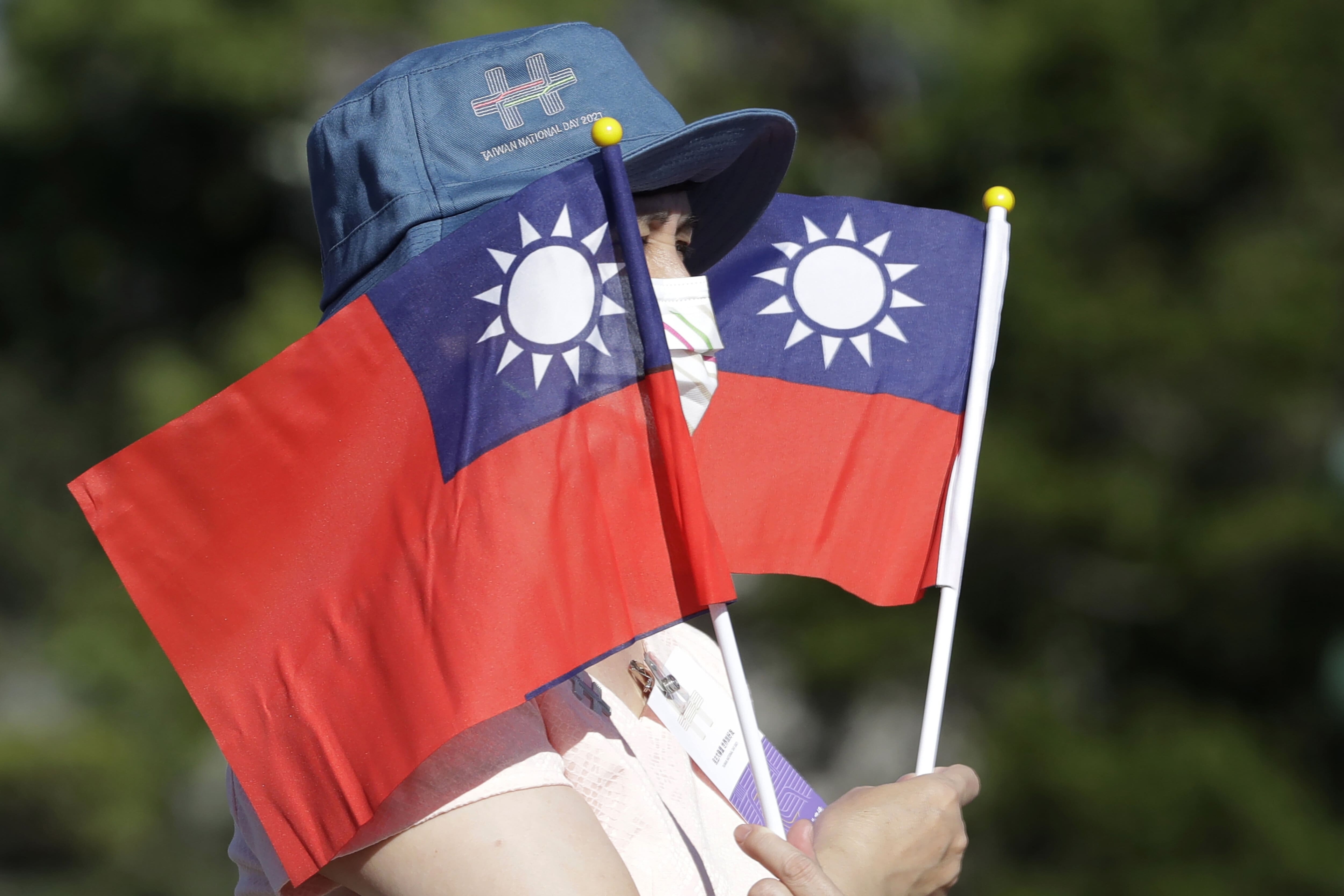Five months after Russia's invasion of Ukraine, another geopolitical conflict arose between China and the United States. Tensions between the United States and China hit new heights in the last week, sending shockwaves around the world. Now the visit of US house speaker Nancy Pelosi to Taiwan further pushed the tensions between these two superpowers.

Taiwan-China Tensions: How does this impact India's auto sector and semiconductor demand
Taiwan is one of the Asian tiger economies and one of the richest countries in Asia. Today, the country is a leading manufacturer of chips, electronic components, and specifically semiconductors.
According to media reports, the U.S House of Representatives speaker Nancy Pelosi arrived in Taiwan on Tuesday as a part of her Asia tour that includes Singapore, Malaysia, South Korea, and Japan. Her Taiwan visit was unannounced but widely anticipated. Pelosi is the highest ranking US official to visit Taiwan in 25 years, and she was greeted with a welcome message on the iconic Taipei 101 skyscraper.
China has strongly objected to Pelosi's visit. China claims Taiwan as part of its territory, and it views visits by foreign government officials as them recognising the island's sovereignty.
The Chinese ministry opposed Pelosi's visit to Taipei, saying that "Pelosi disregarded China's strong opposition and solemn representations and visited Taiwan, China."
Soon after her arrival in Taipei, the Chinese People's Liberation Army (PLA) announced that it would hold six live-fire military drills in the waters around Taiwan, scheduled to take place from Thursday to Sunday.
Further, China announced economic sanctions and import bans on several Taiwanese companies producing pastries, baked goods, and sweets.
China has claimed Taiwan as its own for decades, but what precisely is the narrative behind it? Let's take a look.
World's semiconductor factory
Taiwan is one of the Asian tiger economies and one of the richest countries in Asia. Today, the country is a leading manufacturer of chips, electronic components, and specifically semiconductors.
Meanwhile, a semiconductor is a powerful and complex electronic component that acts as the technological brains in our phones, laptops, smart homes, and even cars.
Taiwan Semiconductor Manufacturing Company (TSMC) is the world’s largest contract chip manufacturer and Asia's most valuable listed company at $600bn, according to reports. Much of the world’s global supply chain of semiconductors is reliant on Taiwan.
As per media reports, Taiwan alone controls 63% of the global semiconductor market and TMSC alone commands a market share of 54%. Major technology firms and major car makers around the world are heavily dependent on Taiwan for its semiconductors. On the other hand, China controls 6% of the global semiconductor market, South Korea accounts for 17%, and the rest of the world stands at 13%.
India's semiconductor needs
In 2020, India imported $2.38 billion in semiconductor devices, becoming the 13th largest importer of semiconductor devices in the world. In the same year, semiconductor devices were the 19th most imported product in India, oec.world data showed.
The semiconductor crisis, which started in the year 2020, still continues. Leading Indian carmakers are grappling with a huge backlog of around 6.5 lakh units, with a chip shortage continuing to crimp their manufacturing activities and lead to a long waiting period for customers, PTI reported.
From Maruti Suzuki to Kia India, all major car makers are facing the brunt of the crisis. Maruti Suzuki India alone has a backlog of around 3.4 lakh units, while Hyundai and Mahindra & Mahindra have a combined pending order list of about 3 lakh units, the report said.
Mahindra's flagship XUV700 SUV has the longest waiting period among all cars currently sold in India. The waiting period for the XUV700 stretches up to nearly two years. Tata Motors, Kia, and Honda Cars are also sitting on substantial pending orders.
Semiconductor independence
In February, Indian mining and metals group Vedanta and Taiwan’s Hon Hai Technology Group, also known as Foxconn, signed a memorandum of understanding to form a joint venture company to manufacture semiconductors in India.
Vedanta will finalise a location for its $20 billion semiconductor and display plants in India in the coming months and expects to roll out the first chip product in two years, its chairman, Anil Agarwal, said.
Vedanta has a total planned investment outlay of $20 billion for two separate units for chip and display manufacturing, Mint reported. The first phase of Vedanta's project will entail an investment of $2 billion.
In December, the Indian government approved a $10 billion incentive plan to attract semiconductor and display manufacturers, as part of a deepening push to establish the country as a global electronics production hub. Under the plan, India's government will extend fiscal support of up to 50% of a project's cost to eligible display and semiconductor fabricators.
India estimates its semiconductor market will reach $63 billion by 2026, compared with $15 billion in 2020.
Disclaimer: The views and recommendations made above are those of individual analysts or broking companies, and not of MintGenie.
Related Stories
Explain Like I am 5
personal finance
Russia-Ukraine war: What is SWIFT system that enables cross country payments
Team MintGenie